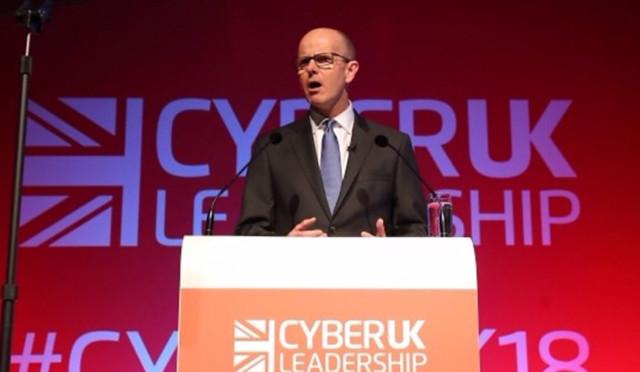
According to securityaffairs reports recently, British intelligence agency GCHQ director Jeremy Fleming announced last week that the United Kingdom has launched a major cyber attack against Islamic State (IS) terrorist organizations. Fleming said at an online UK conference in Manchester that these actions have contributed greatly to the coalition’s suppression of Daesh’s propaganda activities, such as hindering his ability to coordinate attacks and protecting coalition forces on the battlefield.
It is reported that the attack was initiated by GCHQ in cooperation with the British Ministry of National Defense. They conducted distributed operations against the Islamic State. GCHQ believes that this cyber attack is the first systematic and continuous reduction of an opponent’s online operations and also as part of a broader military operation.

Although Fleming did not disclose too many details about the attack, he stated that the attack showed a targeted and effective offensive network and believed that the success of the attack was a threat against the misuse of technical communication and propaganda. Make an example. In addition to the British GCHQ, U.S. Internet Communication and Europol have also been conducting cyber attacks against Islamic countries.
Fleming also talked about Russia’s definition of cyber activities as “unacceptable cyber behavior,” which is a “growing threat” to the West. Therefore, Britain indicated that it will continue to cooperate with international partners such as the United States to deal with malicious network activities together.
Fleming believes that in addition to facing bold Russia, they also notice that the tectonic plates of the Middle East are moving. They saw Iran and its agents intervene in the entire region and used chemical weapons in Syria.
Finally, Flaming quoted a summary of the events in the United Kingdom and the United States attributed to Russia’s NotPetya ransomware attack on Ukraine:
“They’re not playing to the same rules, they’re blurring the boundaries between criminal and state activity.”
Source: SecurityAffairs